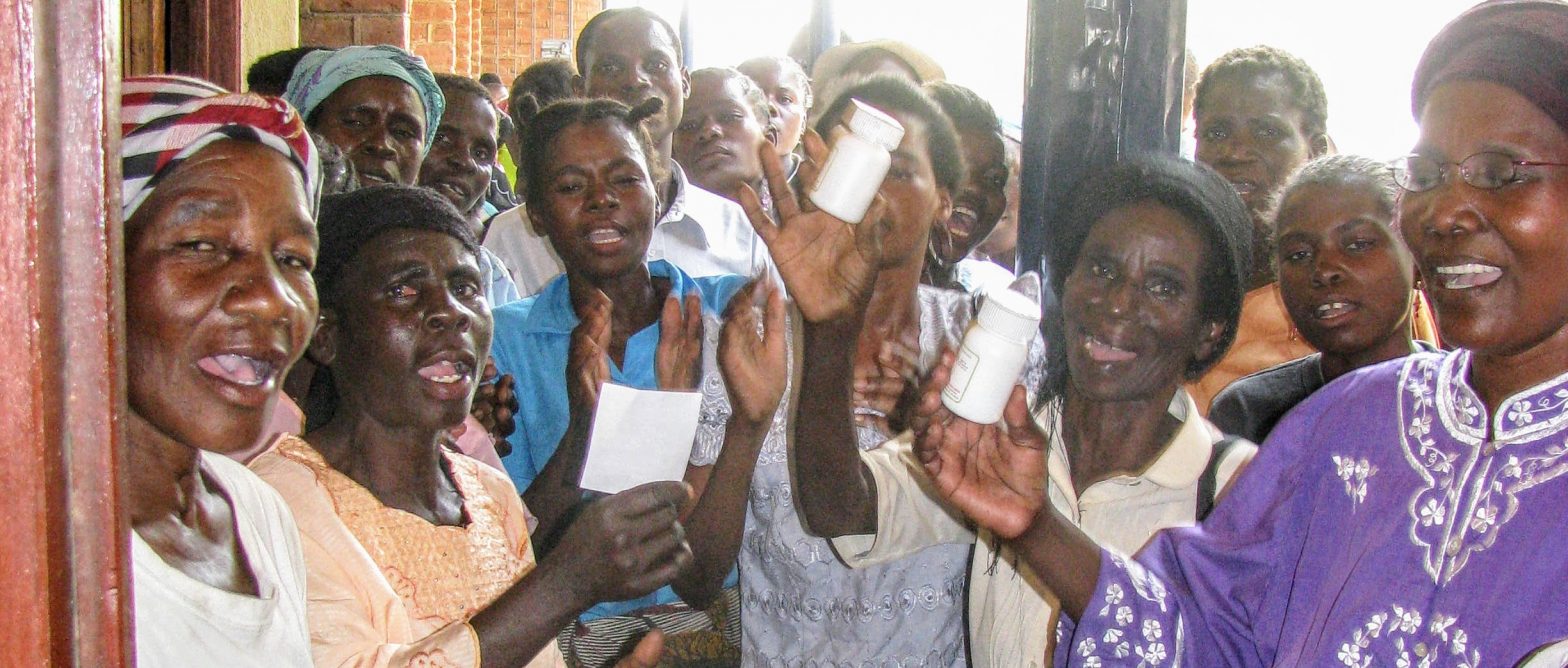Seventh in a series for #16Days of Activism Against Gender-based violence, by John Coonrod. Updated for 2022
WHO reports: “The global HIV response is in danger, even as HIV remains a major public health issue that affects millions of people worldwide. Over the last few years progress towards HIV goals has stalled, resources have shrunk, and millions of lives are at risk as a result.”
Division, disparity and disregard for human rights are among the failures that allowed HIV to become and remain a global health crisis.
On 1 December WHO joins partners to commemorate World AIDS Day 2022, under the theme “Equalize”. WHO is calling on global leaders and citizens to boldly recognize and address the inequalities which are holding back progress in ending AIDS; and equalize access to essential HIV services particularly for children and key populations and their partners – men who have sex with men, transgender people, people who use drugs, sex workers, and people in prisons.
Communities take up the challenge. In such situations, and particularly in a largely rural society, mere “messaging” is never enough. Organizations such as those in the Movement for Community-led Development, needed to launch massive campaigns to provide accurate education about HIV/AIDS to grassroots community leaders – or “animators” – who in turn would educate all the members of the community.
Beyond the Facts: While having people know the facts is crucial, it has also been necessary to create spaces where community members can analyze their own situation – identify their own barriers to halting the spread of HIV (basically their own gender analysis) -and launching their own solutions. In some cases, community members created solutions that the NGO community organizers would have never imagined. Here are some examples from Malawi, which has a high infection rate:
- One group of women complained that they needed a way to control the use of condoms themselves. The animators had no idea there were such things as female condoms, until they contacted the UN Population Fund (UNFPA) and discovered such things did exist but “nobody wanted to use them.” The women were provided female condoms and – since they had asked for them – they felt they had “invented” them. They publicized them throughout their communities – spreading the word that “sex was better with them than with male condoms.”
- In another village, there was a closely held tradition of cleansing the “spirit of death” from a home after a man had died, by having someone have sex with the widow – an obvious disaster when the man died of AIDS. The elders said “we have to remove the spirit of death” but concluded they could create a “new tradition” of having a married couple of that family have sex in the home.
- Campaigns were held to promote voluntary testing and anti-retroviral (ARV) treatment, which was widely successful but was not taking hold in one community, with no explanation. The community members carried out some very private interviews, and learned that the local health workers was not being confidential about test results. He was fired, and the community animators informed everyone that in the other communities there had been no problem with confidentiality, and trust was restored.
Living Positively: Initially, microfinance groups in Malawi were reluctant to loan to HIV-Positive people, on the assumption these people would not have long to live – despite the fact that ARVs were becoming widely available. To overcome this stigma, “Living Positive”with HIV support groups were established, and microfinance organizations reserved a special part of their capital for loans to those groups.
Investing in Community Health. The massive international effort to fight HIV/AIDS initially had the unfortunate side effect of pulling the already-scarce health professionals out of the community health system to focus on HIV/AIDS. Now, the world is coming to recognize that even “single disease” campaigns must intentionally focus on strengthening the overall community health system, and engage community members every step of the way.
Ownership and agency. As Mahatma Gandhi wrote, whatever action we contemplate, we must think of the face of the poorest person we have ever seen, and ask ourselves whether the action we take will restore her to control over her own life and destiny. Applying this wisdom has proven invaluable in the fight against HIV/AIDS in Africa – it was proven again in the response to Ebola (link) and Malaria (link) – and it is a mandate we must apply to all development activities.


